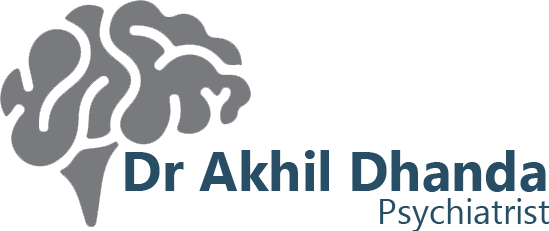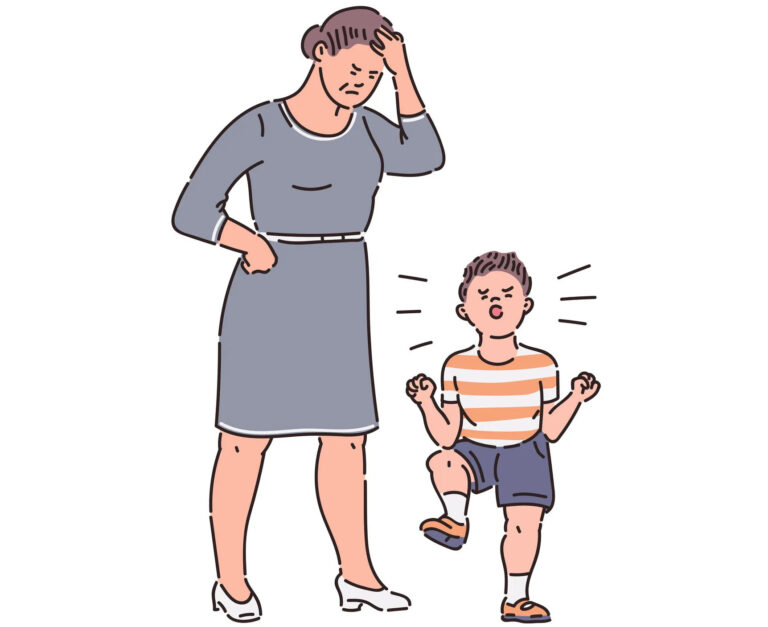Research And Advances In Understanding Conduct Disorder
Conduct Disorder (CD) is a complex psychiatric condition characterized by a persistent pattern of behavior that violates societal norms and the rights of others. These behaviors can include aggression towards people and animals, destruction of property, deceitfulness, theft, and serious violations of rules. Understanding the etiology, development, and treatment of CD has been a significant focus of research in psychology and psychiatry, given its profound impact on individuals and society.
https://www.youtube.com/@akhildhanda8867
Etiology of Conduct Disorder
The etiology of Conduct Disorder is multifaceted, involving genetic, neurobiological, and environmental factors. Research has identified several key areas contributing to the development of CD:
- Genetic Factors: Twin and adoption studies have shown a significant genetic component to CD. Genes involved in neurotransmitter systems, such as the serotonin transporter gene, have been implicated. These genetic factors may predispose individuals to impulsive and aggressive behaviors, which are core features of CD.
- Neurobiological Factors: Neuroimaging studies have revealed abnormalities in brain structures and functions in individuals with CD. For instance, the amygdala, which is involved in emotional regulation, often shows reduced activity in response to emotional stimuli. Additionally, the prefrontal cortex, responsible for executive functions such as decision-making and impulse control, often exhibits structural and functional deficits.
- Environmental Factors: Environmental influences, including family dynamics, peer relationships, and socio-economic status, play a crucial role in the development of CD. Exposure to violence, inconsistent parenting, and association with deviant peers can exacerbate the risk of developing CD. Early childhood adversities, such as neglect or abuse, are also significant contributors.
Developmental Pathways
CD typically emerges in childhood or adolescence and can follow different developmental trajectories:
- Childhood-Onset Type: This type appears before age 10 and is often associated with a more severe and persistent pattern of behavior problems. Children with this subtype are more likely to have comorbid attention-deficit/hyperactivity disorder (ADHD) and are at a higher risk for persistent antisocial behavior into adulthood.
- Adolescent-Onset Type: This type appears after age 10 and tends to have a better prognosis. Behaviors are usually less severe and often associated with peer influence. Many individuals with this subtype exhibit a reduction in antisocial behavior as they transition into adulthood.
- Unspecified Onset: When the onset of CD is unclear, it is categorized as unspecified. Research suggests that the course of CD can vary widely, with some individuals showing a chronic and severe pattern, while others exhibit a more transient course.
Advances in Assessment and Diagnosis
Accurate assessment and diagnosis of CD are crucial for effective intervention. Advances in diagnostic tools and criteria have enhanced the precision of CD diagnosis:
- Structured Interviews: Tools like the Kiddie Schedule for Affective Disorders and Schizophrenia (K-SADS) and the Diagnostic Interview Schedule for Children (DISC) provide a comprehensive assessment of CD symptoms, improving diagnostic accuracy.
- Behavioral Rating Scales: Instruments such as the Child Behavior Checklist (CBCL) and the Strengths and Difficulties Questionnaire (SDQ) offer valuable insights from multiple informants, including parents, teachers, and the children themselves.
- Neuropsychological Testing: Assessments that evaluate cognitive functions, such as executive functioning and emotional regulation, help in understanding the underlying deficits associated with CD.
Treatment Approaches
Effective treatment of CD requires a multimodal approach tailored to the individual’s specific needs. Key treatment modalities include:
- Behavioral Interventions: Evidence-based programs such as Parent Management Training (PMT) and Cognitive-Behavioral Therapy (CBT) have shown efficacy in reducing disruptive behaviors and improving family dynamics. PMT focuses on teaching parents effective discipline strategies, while CBT helps children develop better problem-solving and emotion-regulation skills.
- Pharmacotherapy: While medication is not the first-line treatment for CD, it can be beneficial in managing comorbid conditions like ADHD or severe aggression. Stimulants, antipsychotics, and mood stabilizers are sometimes used to address these symptoms.
- Multisystemic Therapy (MST): MST is an intensive, family- and community-based treatment that targets the various systems influencing the child’s behavior, including family, peers, school, and the community. MST has been shown to reduce antisocial behavior and improve overall functioning.
- School-Based Interventions: Programs that promote social and emotional learning (SEL) in schools can help prevent and mitigate CD symptoms. These programs focus on developing skills such as empathy, emotional regulation, and conflict resolution.
Recent Research and Future Directions
Recent research has expanded our understanding of CD and opened new avenues for intervention:
- Neuroimaging Studies: Advances in neuroimaging techniques, such as functional MRI (fMRI) and diffusion tensor imaging (DTI), have provided deeper insights into the brain abnormalities associated with CD. These studies have the potential to identify biomarkers for early detection and intervention.
- Genetic and Epigenetic Research: Understanding the genetic and epigenetic underpinnings of CD can lead to personalized treatment approaches. Research in this area aims to identify specific genetic profiles that may predict response to different interventions.
- Prevention Programs: Early intervention programs targeting at-risk families and children have shown promise in preventing the onset of CD. Home visitation programs, early childhood education, and family support services are crucial components of these preventive efforts.
- Integration of Technology: The use of digital tools and platforms, such as mobile apps and online therapy programs, is emerging as a supplementary approach to traditional therapies. These technologies can enhance access to care and provide real-time support for children and families.
Conclusion
Conduct Disorder is a multifaceted condition with significant implications for affected individuals and society. Advances in research have improved our understanding of the genetic, neurobiological, and environmental factors contributing to CD. These insights have informed the development of more effective assessment tools and treatment approaches. Continued research is essential to refine these strategies and develop new interventions that can prevent and mitigate the impact of CD, ultimately improving outcomes for individuals and their communities. As we move forward, a holistic and integrated approach that encompasses biological, psychological, and social dimensions will be crucial in addressing the complexities of Conduct Disorder.
For any further queries, Plz visit psychiatristdrakhildhanda.com or you can check our social media accounts, Facebook, Instagram







